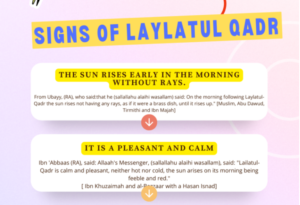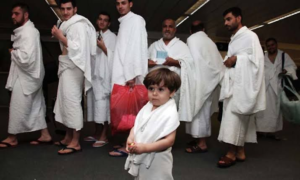China Bans Many Muslim Baby Names in Xinjiang
When prospective parents deliberate over baby names – a joyful, private discussion – they tend to make decisions based on hopes for the child, passing on a family name, or some other tradition. Few would ever dream of having to consult a list of banned names – but this is the latest absurd restriction that the Chinese government has imposed on people in Xinjiang region, home to 10 million Muslim Uyghurs.
Chinese authorities in the northwestern region of Xinjiang have banned dozens of baby names with religious meanings that are widely used by Muslims elsewhere in the world, RFA has learned.Sources in Hotan, in the southern part of the region, had previously detailed a list of banned names in 2015, but the ban now appears to have been rolled out region-wide.
List of 29 Islamic Baby Names banned in China (Xinjiang )
Islam, Quran, Mecca, Jihad, Imam, Saddam, Hajj, and Medina are among dozens of baby names banned under ruling Chinese Communist Party’s “Naming Rules For Ethnic Minorities,”The purported list of names was given last week to Taiwan’s Central News Agency by the exiled World Uyghur Congress.
Effect of not abiding to “name ban “
According to the regulations and accounts of the new rules circulating online, individuals who violate the restrictions will be denied a hukou, or household registration, which grants citizens access to social benefits, health care and education in China.
Rising resentment
On April 1, a new set of rules was implemented along with the ban. Those rules also prohibit so-called “abnormal” beards, the wearing of veils in public places and the refusal to watch state television.
In 2013, Xinjiang authorities launched the “Project Beauty” campaign aimed at encouraging Uighur women to stop wearing veils, and, in 2015, a Kashgar man was sentenced to 6 years in prison for growing his beard. Both practices have long been linked with harboring extremist ideals and thinking.The rights activist urged authorities in China to stop suppressing traditional and normal Uighur culture and religious belief in the name of combating Islamic extremists, whom China blames for terrorist attacks and separatist movements.He said China’s repressive controls are the real cause of violence and unrest in Xinjiang. Although China has strongly denied of any abuses there and insisted that the legal, cultural and religious rights of Uighurs are fully protected.Sophie Richardson, China director at Human Rights Watch, said in a statement that Violent incidents and ethnic tensions in Xinjiang have been on the rise in recent years, but the government’s farcically repressive policies and punishments are hardly solutions. Instead, they are only going to deepen resentment among Uyghurs. If the government is serious about bringing stability and harmony to the region as it claims, it should roll back – not double down on – repressive policies.
Discover more from Islam Hashtag
Subscribe to get the latest posts sent to your email.





